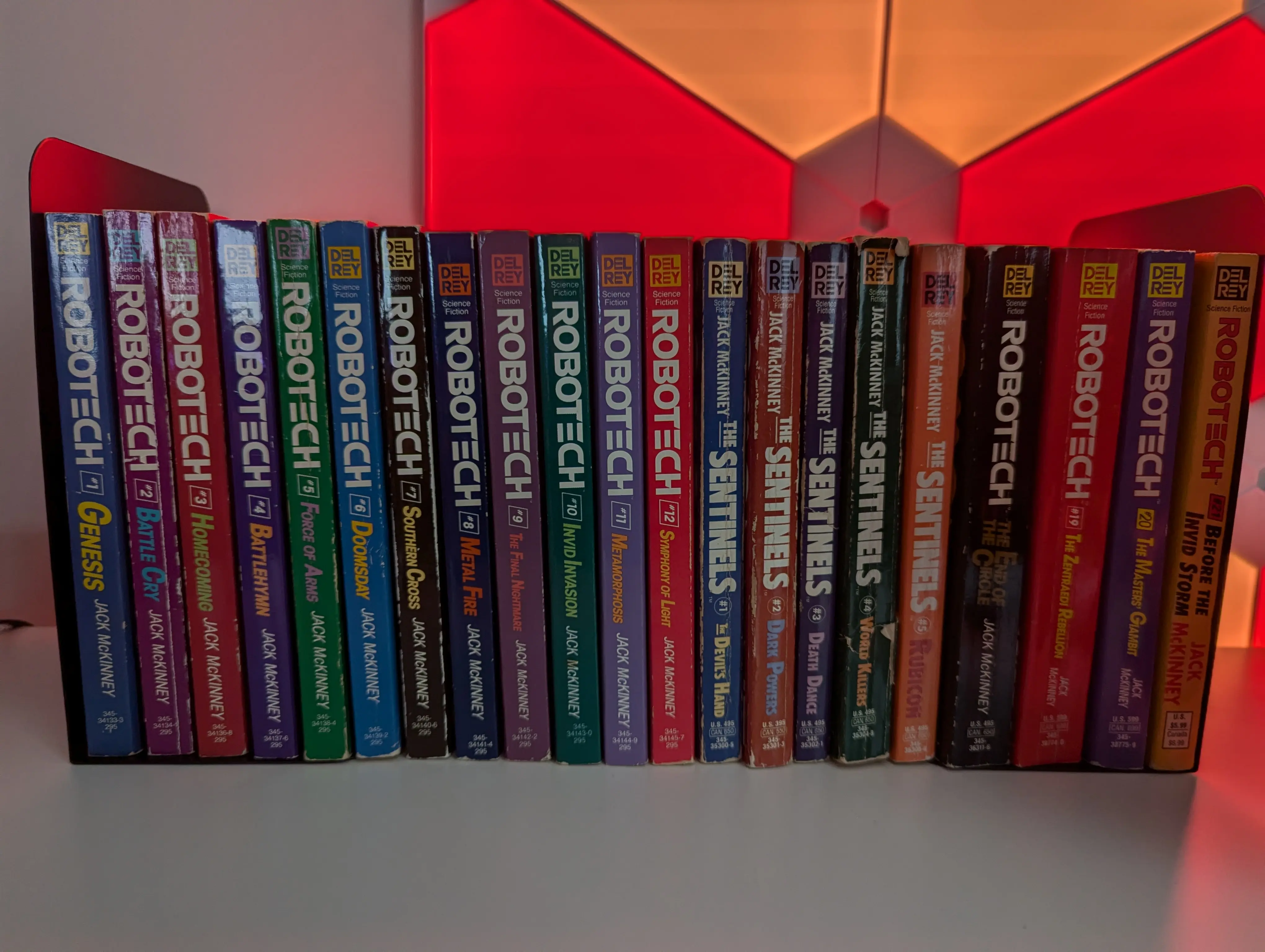I wouldn't say I'm a cinephile but I think others may disagree. I like diversity in storytelling and so I tend to gravitate toward those stories that don't get told as often. To that end, I'm a big fan of horror. I also like the weird, twisted, or off-beat (e.g., David Lynch) I also tend to prefer stories that are more grand than relatable: epics rather than stories focused on interpersonal relationships. I am quite passionate about the movies and TV shows I love. Here are a few.
Neon Genesis Evangelion
NOTE: Evangelion 3.0 + 1.0 is such a departure from the previous twenty-six years of canon that my view of the series, as described below, excludes that movie.
Neon Genesis Evangelion upended...everything. It flipped the anime industry upside down. It flipped mecha shows upside down. It is a show with no heroes. No good guys. It is critical of fairy tale endings, its genre, its industry, its fans, its creator, and even itself.
Evangelion shows us that sometimes, things are just lost. Nobody wins. This is a show where the protagonists fight against angels, messengers from God, and the audience is left to wonder why. What's the catch? Angels are good, right? What's the misdirect? The misdirection is that there is no misdirection. Angels are messengers from God and they are here to bring about the apocalypse. Humanity are not the good guys. It is a show with no heroes.
Over the course of the series, everyone fucks over everyone else. There are consequences for each of these actions and yet the protagonists never learn. By the time the series concludes, Shinji jerked off to a comatose Asuka . Misato weaponized her sexuality one last time in an attempt to get Shinji in the fucking robot. Asuka has been eaten alive. Ritsuko has been shot. Gendo has been rejected by Lilith. Then finally, when Shinji becomes as God and has a chance to forgive everyone--redeem everyone--he elects not to. He chooses only to restore both his and Asuka's humanity...and then proceeds to choke her out. It is a show with no heroes.
All of this is presented through clever direction, heavy and foreboding mysticism, mechs with novel organic designs (for they aren't mechs in the first place) and even audience participation. The final two episodes of the series are positive. While humanity is still lost, Shinji finally finds peace in Instrumentality. Peace in "heaven." But the fans were livid with this ending. So livid were they, they vandalized the Gainax offices. Not only did this lead to the End of Evangelion movie that retconned the TV show ending (note that the movies identify themselves as episodes 25 prime and 26 prime) for a purely negative one, but real world images from the vandalism even made their way in to the final cut. Hideaki Anno tried to end his tale of depression and failure on a positive note and fans rejected it. So, he gave them what he thought they deserved and they rejoiced. It is a show with no heroes.
As if this wasn't a depressing enough narrative to tell, the Rebuild movies and the manga, along with subtle hints in the show (Shinji's tape recorder) show that this sort of failure repeats. It is a never ending cycle of disappointment, disorder, and loss.
It is a show with no heroes.
